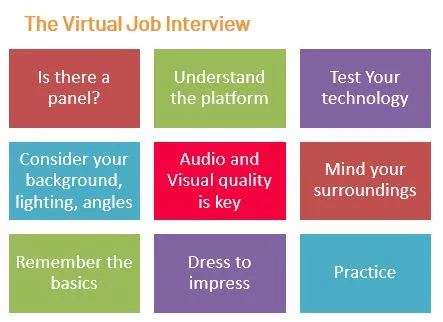
I’m okay.
Societal convention says that the answer to the question ‘how are you?’ is always two words and in the affirmative; acceptable answers include ‘going great!’, ‘yeah good’ and ‘I’m okay’.
Whether out of politeness, indoctrination or just not wanting to cause a fuss, the respondent is painted into a conversational corner. So even when ‘how are you?’ is offered up as a genuine question rather than a proxy greeting, and even when a person is feeling far from fine, the answer remains the same. Good thanks.
Checking in on their workers was already a challenge for business leaders, but remote work has added yet another layer of complexity to the act. Sure, Zoom is a handy substitute for in-person communication, but it’s not an equivalent.
What then can a manager of a remote team do when they sense that something isn’t quite right with one of their workers? How do you uncover issues and help to ensure employee morale, motivation, satisfaction and engagement remain high?
Build meaningful rapport
Feeling pressure from above, many managers intentionally hold their team at arm’s length and keep it all business. But taking the humanity from your team dynamic is a recipe for low morale – if your team doesn’t feel like you care about them or understand what motivates them, they’re unlikely to want to work hard for you. What’s more, they’re guaranteed to avoid opening up about issues.
Rapport is vital. Building it takes time, but the process is incredibly rewarding. Break up your team’s day with digital watercooler conversations – what they did last night or over the weekend, family life, their hopes and dreams. Establish a relationship that goes beyond that of a traditional employer and employee. Take opportunities to lighten the mood with a dedicated banter channel on Slack, Friday Zoom drinks or friendly intra-team virtual competitions.
The strongest relationships are built on understanding and trust; one where employees feel they can reply with something more earnest than I’m okay.
Ask the right questions
An employee won’t open up instantly, so it’s vital that you not only ask the right questions, but you ask them frequently.
These questions will change with the audience, but no matter who you’re speaking to, they should be relevant, unique and open, designed to elicit a more detailed response than ‘yes’ or ‘good’. Examples include:
- What challenges are you currently facing?
- What wins – no matter how big or small – did you have last week?
- What part of your role is the most purposeful, the most energising, the most draining?
Asking similar questions regularly, say at the end of every week, will give you a more detailed view of a team member, and will allow them to gradually build trust and expand on their answers over time. It’s also important to note that while asking questions is important, listening and showing empathy is perhaps even more so.
Maintain regular check-ins
Checking in regularly with your team is so much easier when there’s a structure in place. Routine digital catch-ups, whether one-on-one or encompassing the entire team, are vital in maintaining connection and communication in remote work situations.
These catch-ups grant you the opportunity to ask the questions mentioned above, while also helping you monitor employee moods and identify signs of trouble; ideally you’ll catch small issues before they become larger ones.
Lead by example
What’s good for the goose is good for the gander. A good manager leads not through words, but through actions, and by showing yourself to be open and even somewhat vulnerable, you’ll encourage your team to be the same.
Let your team members know how you’re feeling. If you’re stressed, say that you’re stressed. If working from home is proving a challenge, outline that challenge. If you’re feeling down for no apparent reason, there’s no harm in saying so.
It’s every bit as important to highlight the positives. Celebrate every individual and group win. If you’re proud of your team, make sure they know you are. Explaining how you overcame a remote working challenge may help a team member to do the same.
An atmosphere of openness will generate a real sense of unity, trust and cohesion driving improved performance of your team.
Reading between the lines
I’m okay.
These two words are seldom a sign that an employee is feelin’ fine. In fact, by surveying the limited batch of socially acceptable responses and choosing the least upbeat, they’re more likely telling you that they’re anything but.
As remote working evolves from emergency fix to new long-term workplace reality, it’s imperative that business leaders find ways to create an atmosphere of clear communication, trust and openness. Doing so will ensure the health and happiness not just of your team members, but of your organisation as a whole.
And for those looking to build such a team, Ignite is ready to help.

Leave a Comment
We’d love to hear from you! Share your thoughts or ask a question in the form below.